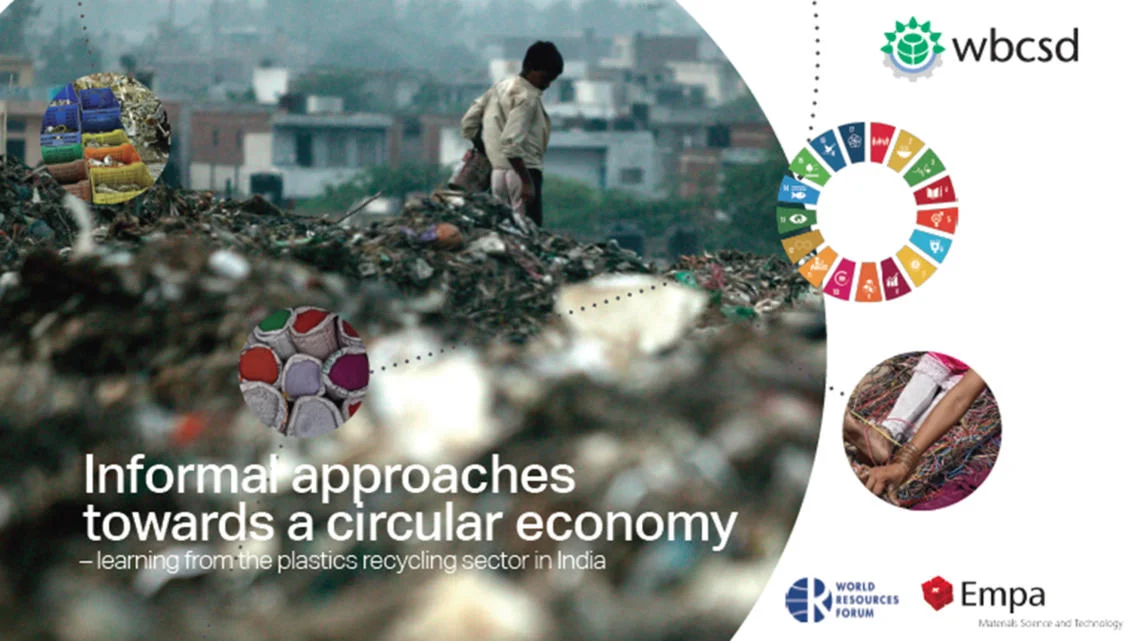Informal approaches towards a circular economy
Published: November 20, 2016

As natural resources come under increased stress due to population growth and an expanding middle class, optimization of material use becomes an urgent priority.
While collecting, reducing, reusing, and recycling some materials is technologically and economically feasible, others, like plastics, present a bigger challenge. Low oil prices, thousands of applications of plastics, sorting and recycling challenges, and poor waste management infrastructure have resulted in millions of tonnes of plastics flooding into the ocean annually.
Worldwide, both government and business have been struggling to implement practices conducive to the large-scale recycling of plastics. Instead of these formal actors, it is informal actors in developing countries that have successfully built businesses on the collection, trade and recycling of plastic waste. This informal sector consists of small businesses and self-employed persons with little or no legal recognition and low capital investments.